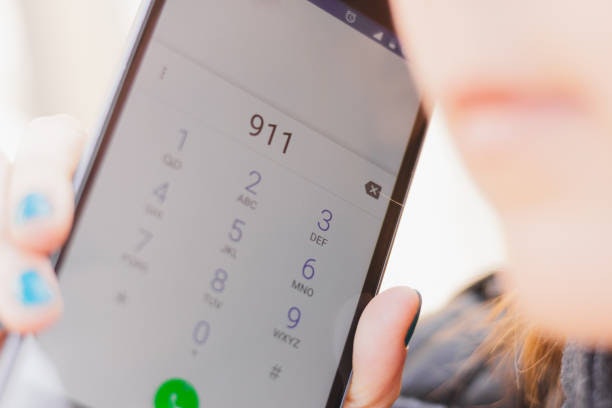
Important Things to Know about 911 Dispatching
There are some misconceptions currently floating around online about how to maximize your safety and most effectively get first responders dispatched to your location. Because of ADS’ close relationship with these industries, we want to share best practices for communicating with a 911 center:
- Don’t Hang Up to Try and Get Through to a Dispatcher:
Many people mistakenly believe that if you are on hold with 911, you may be able to get connected with a dispatcher sooner by hanging up and re-dialing. This is inaccurate: 911 calls are placed in a queue, and hanging up loses one’s place in that queue, potentially wasting precious time in the event of an emergency. The best course of action is to keep on holding, stay calm, and trust in the training and protocols in place at the Public Safety Answering Point; the next dispatcher will get to you as soon as possible.
- Changing Your Voicemail Might Do More Harm than Good:
A highly-circulated social media message telling people to change their voicemail if they get lost may be pointless at best, and even potentially detrimental, according to rescuers. According to an Augusta Chronicle article by Jozsef Papp, people who are lost and fear losing cell service/power are advised to send messages to their emergency contacts and 911, as opposed to wasting battery on a new voicemail. Contrary to the social media post, voicemails may not even be changed without strong-enough cell service, and relying on one’s voicemail to guide rescuers requires the individual to stay in the location described in the voicemail. This may not be feasible or safe; it is much more wise to use dwindling cell reception and battery to try and call 911 or a specific trusted person.
- Location is Everything
The NENA website offers an excellent list of tips for speaking with 911; perhaps most important (and echoed on many other sources) is the importance of imparting your location. The 911 center you are connected with when calling wirelessly may not be the center that services the area you are in. NENA says: “Look for landmarks, cross street signs and buildings. Know the name of the city or county you are in. Knowing the location is vital to getting the appropriate police, fire or EMS units to respond.” To this end, try to stay calm and intelligible on the phone while giving your location.
At ADS we are staunch supporters of NENA and all first-responders, and it is our business to support them to the best of our ability in keeping our communities safe.